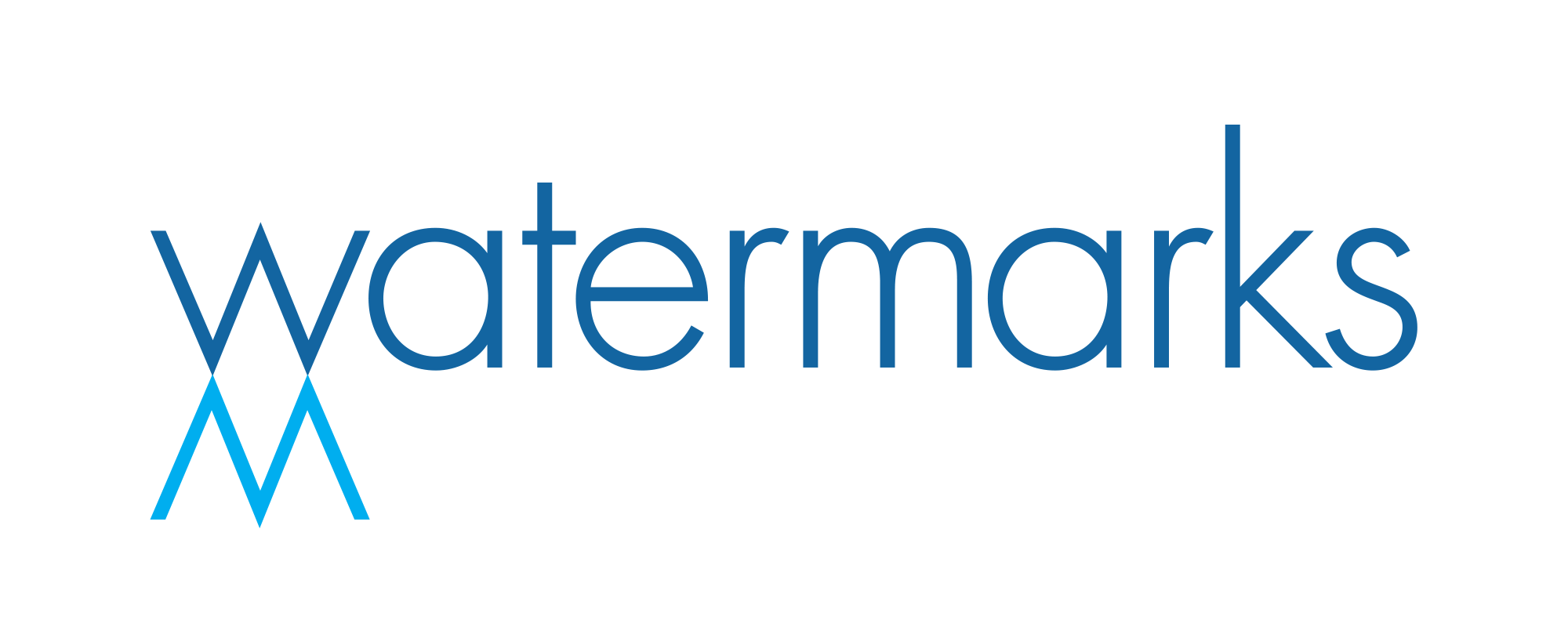Kyle Poplar: Researching Health from Aquaculture to Zebrafish
Meet Kyle. He participated in the UW-Milwaukee School of Freshwater Sciences’ Applied Urban Aquaculture Certificate program, and then worked for one year in Dr. Michael Carvan’s research lab examining zebrafish embryos exposed to a battery of 42 chemicals in a high-throughput screening ultimately in the service of human health. In July 2020, Kyle started his new job at a Milwaukee-area wastewater technology firm, Saukville-based Aquarius Technologies.
For Kyle, it was a satisfying pivot to his career trajectory. He earned a mechanical engineering degree from MSOE and found a solid design engineer job after his undergraduate graduation but quickly found the job unfulfilling. As someone committed to water and doing his part for environmental health, Kyle was looking to do more with his engineering skills. He was volunteering with the nonprofit Milwaukee Riverkeeper when the nonprofit moved its offices to the School of Freshwater Sciences building on E. Greenfield Avenue. “In that time,” he recalls, “I was trying to re-orientate my engineering career toward something more environmental, and looked into the programs in that building.”
He discovered the Applied Urban Aquaculture Certificate program where he took master’s level water quality and fish health coursework. It was a lot of hands-on learning, he recalls, including field trips onto the lake and rivers. Kyle also did a summer practicum course with Dr. Carmen Aguilar-Diaz and Dr. Russell Cuhel where he learned about managing aquaponics systems, which grow both fish and plants, and also studied with Dr. Dong-Fang Deng, learning about fin fish nutrition. After all these experiences, he found a job working in Dr. Michael Carvan’s lab. As a research technician, Kyle took care of the fish and undertook a high-throughput experiment managing the microphotography of an intense number of tiny zebrafish to learn how different chemicals may impact their development.
“The end goal of analyzing all these zebrafish that are exposed to these chemicals is not only to understand how the chemicals affect young, developing zebrafish but to see how these chemicals could potentially affect humans—and human health—when they are exposed to these same chemicals, and possibly develop countermeasures like medicine or some treatments that could ultimately protect people and keep them more safe.”
Kyle found his time at the School of Freshwater Sciences rewarding. It prepared him for a new job aligned with his interest in applying his engineering background toward helping the environment, particularly the water. His employer was impressed with the SFS grad.
“As I learned more about the aquaculture systems in the certificate program, you recognize that you need to treat the fish wastes and separate the waste into solids and then biofilter it. And that’s all for the purpose of managing the ammonia, which is a fish waste—it’s also a human waste. The ammonia needs to be transformed into nitrogen in order for it be safe for the fish and keep them healthy in their water. So that was a crucial piece of information you would learn in Aquaculture Systems [the course]. And then, I was led to a company in Saukville, Aquarius Technologies. I applied there. They design wastewater treatment systems. And on the interview, in the call, a couple of the engineers expressed to me how my knowledge of some of the rudimentary—bacteria and the processes happening within in the wastewater treatment—no one else had that knowledge that I had. So it was definitely a positive and a practical, helpful thing that the Aquaculture Certificate program gave me a leg up on, as far as landing that job.”

